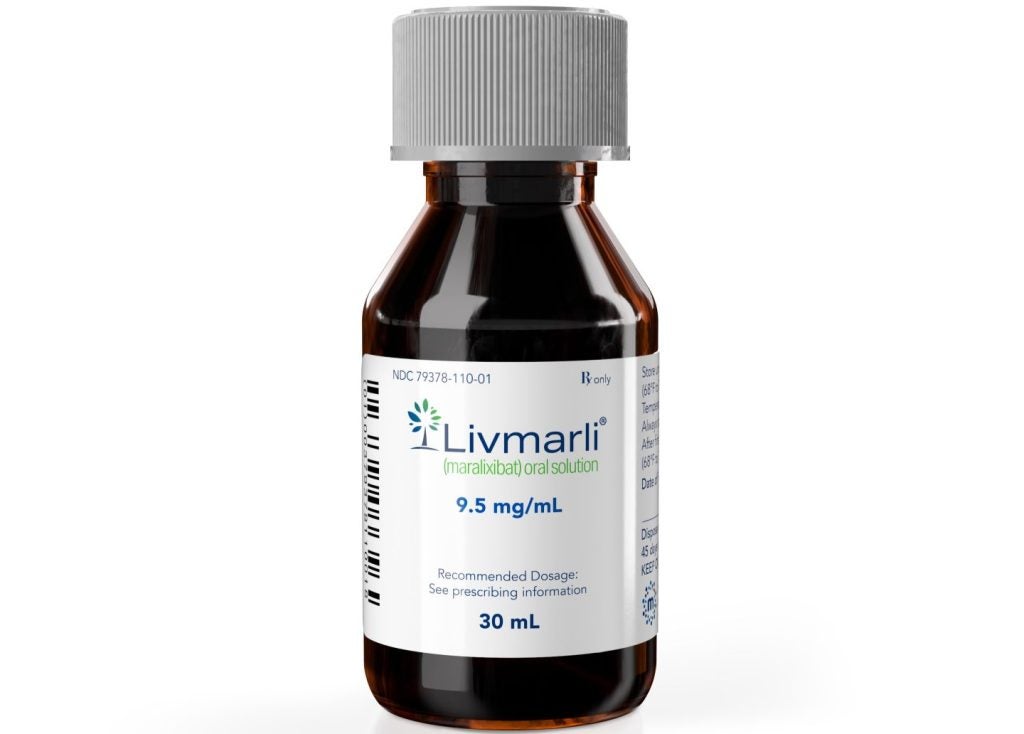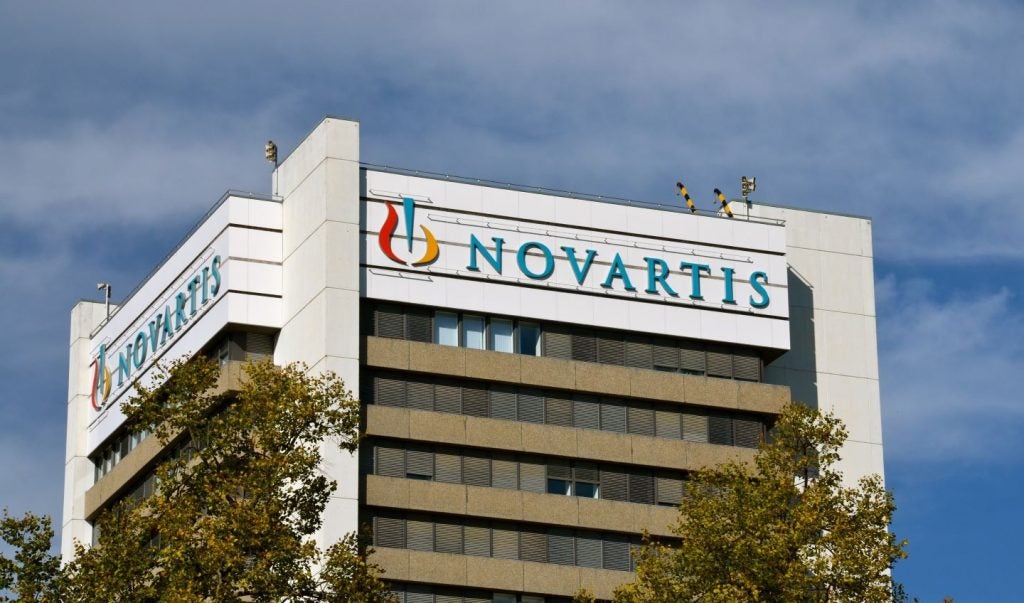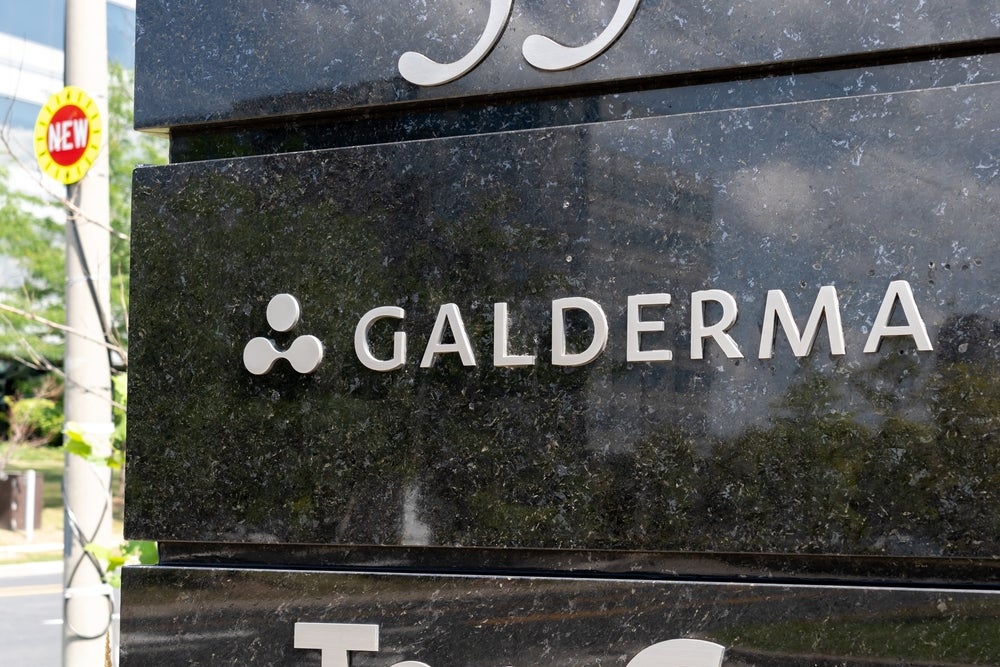The US Food and Drug Administration (FDA) has approved Mirum Pharmaceuticals’s LIVMARLI (maralixibat) oral solution to treat cholestatic pruritus.
The medication is intended for patients aged five years and above with progressive familial intrahepatic cholestasis (PFIC).
A once-daily, orally administered ileal bile acid transporter inhibitor, LIVMARLI holds a breakthrough therapy designation for treating PFIC type 2.
The approval is based on findings from the Phase III MARCH clinical trial in 93 PFIC patients.
The randomised trial enrolled people with PFIC genetic types PFIC1, PFIC2, PFIC3, PFIC4 and PFIC6, along with people with unidentified mutational status.
The FDA, the European Commission and Health Canada have also granted approval for LIVMARLI for the treatment of cholestatic pruritus in patients with Alagille syndrome in their respective regions.
In addition to its current approvals, Mirum has filed a supplemental new drug application to the FDA. The aim is to introduce a higher concentration formulation of LIVMARLI, which was utilised in the Phase III MARCH study.
This could expand the treatment's label for younger PFIC patients later in 2024.
A rare genetic disorder, PFIC results in progressive liver disease that can go on to cause liver failure.
Mirum Pharmaceuticals CEO Chris Peetz stated: “LIVMARLI has the potential to have a transformational impact for patients with cholestatic pruritus associated with PFIC, and importantly, offers an option for those patients with the rarest of subtypes.
“Thank you to the patients, families and clinicians whose study participation made this approval possible.”
In September 2023, the company concluded the acquisition of the bile acid product portfolio of Travere Therapeutics.
Mirum gained the rights and assets related to Cholbam (cholic acid) and Chenodal (chenodiol).
Travere secured $210m from Mirum, with the potential to receive $235m in sales-based milestone payments.
Update: The third paragraph in an earlier version of the article incorrectly stated that Livmarli is the sole treatment approved for PFIC. This article has been updated on 15 March to rectify this.
















